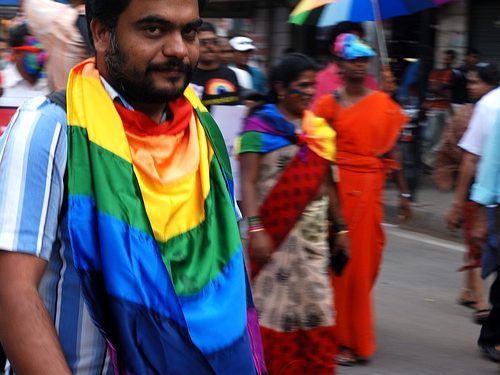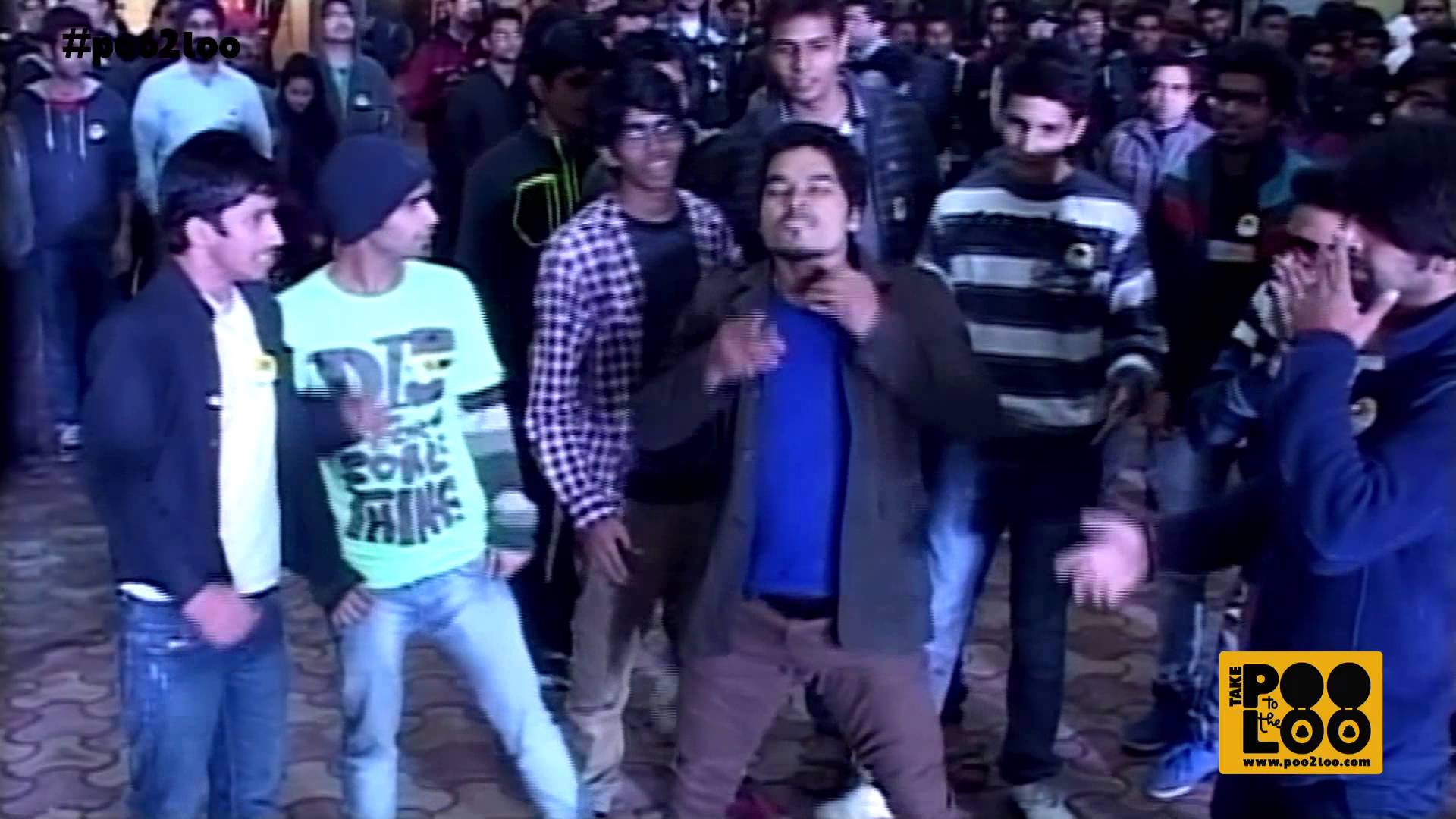Queer India: Gay rights and the Aam Aadmi Party

With all the talk of increased civil rights for minority groups in India following the recent events that brought to the forefront issues such as rape and corruption, one crucial section of the movement has been left remarkably bare: gay rights. Despite India’s status as the world’s largest democracy and one of the most rapidly-progressing nations economically and socially, the government has been remarkably backwards on the tolerance of homosexuality. The recent overturning of the unconstitutionality of the ban on gay sex (Section 377 of the Indian Penal Code) by the Supreme Court of India is symptomatic of the homophobia prevalent in India.
Anti-gay sentiment in India may be traced to British occupation. Section 377 originated in the 1860’s, during the reign of the British Raj. Prior to this, homosexuality was largely an accepted facet of society. Hinduism is, after all, a religion of acceptance; written in the Rig Veda is “Vikriti Evam Prakriti” – Sanskrit for “what seems unnatural is also natural”. Although occupation has long since ended, homophobia lingers in large part due to the opinions of prominent religious and political leaders such as Baba Ramdev and Maulana Madni of the Jamiat Ulema. Vishnu Hindu Parishad vice-president Om Prakash Singhal went so far as to say, “Homosexuality is against Indian culture, against nature and against science. We are regressing, going back to when we were almost animals”, in a display of the utmost disregard for the sizeable gay population of India.
In addition to their criminalization, Indian queers also face economic and social disadvantages. Upon the announcement of homosexuality, many are shunned by their family and friends and are cut-off economically. A particularly high-profile example is that of Manvendra Singh Gohil, a member of the royal family of the Rajpipla state. Upon his outing, his family attempted to disinherit him – a move echoed by many in similar situations. Physical violence suffered by queers includes police-sanctioned “ ‘corrective rapes’ on lesbian women and transgender individuals, or ‘electric shock therapy’ on gay men.”, says activist Manak Matiyani. Furthermore, of the 2.5 million gays in India, 7% suffer from AIDS – a number that is only increasing due to a lack of public awareness and government action.
In the face of such overwhelming odds, pro-gay rights Indians are banding together to make a change. The “knight in shining armor” for this cause is the Aam Aadmi Party – a relatively new party that has already been able to secure 28 of the 70 seats in the Delhi Legislative Assembly. At the front-and-center of their progressive agenda is the removal of section 377 and the complete legalization of homosexuality in India – a progressive stance that accompanies positions against government corruption and overwhelming support for the rights of women and minorities. Led by Arvind Kejriwal (former Chief Minister of Delhi), the name “Aam Aadmi” means the Common Man – a suitable title for a group dedicated to the promotion of basic human rights for all. With upcoming national elections, the support of liberal political entities such as the Aam Aadmi Party is the most direct way we can create change in gay rights in India.
[Image Attribute: Flickr User]




